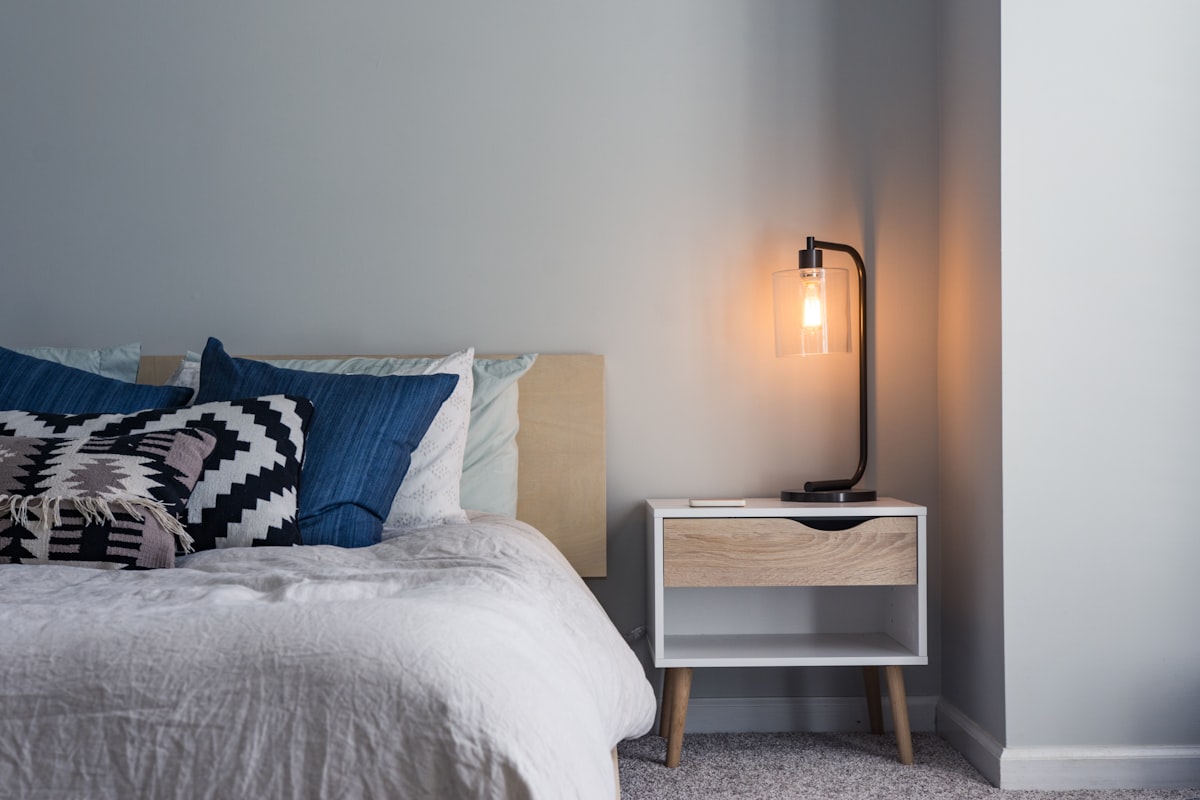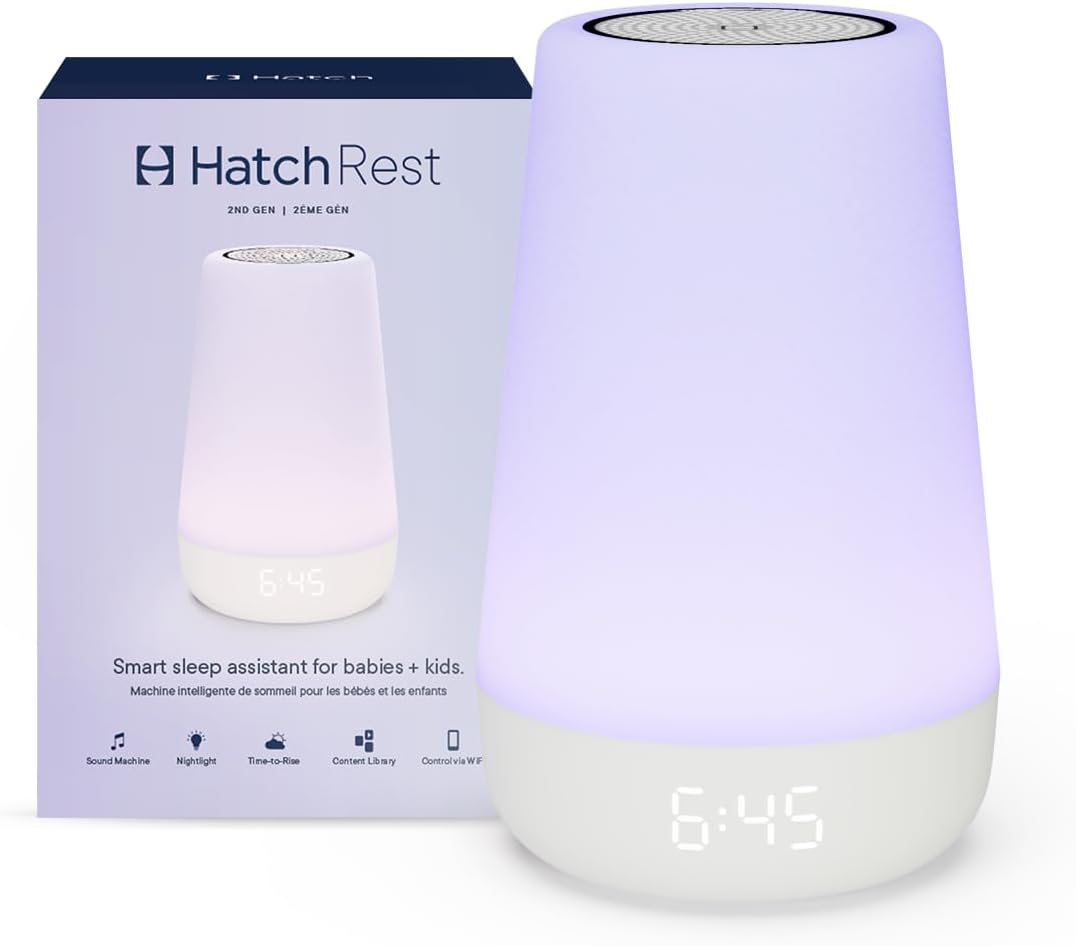
Understanding Newborn Sleep
The first few months with a newborn can feel like a blur of feeding and sleeping cycles. Understanding your baby's sleep patterns is the first step toward establishing healthy rest for your entire family. Newborns typically sleep 14-17 hours a day, but in short 2-4 hour stretches.
Safe Sleep Practices
The American Academy of Pediatrics recommends the following safe sleep guidelines:
- Always place your baby on their back to sleep
- Use a firm sleep surface with a fitted sheet
- Keep soft objects, toys, and loose bedding out of the crib
- Room-share without bed-sharing for at least the first 6 months
- Maintain a comfortable room temperature (68-72°F)
Creating a Sleep-Friendly Environment
Your baby's sleep environment plays a crucial role in helping them rest well:
- Darkness: Use blackout curtains to create a dark sleep space during naps and nighttime
- White Noise: A gentle white noise machine can help mask household sounds and soothe your baby
- Swaddling: Many newborns sleep better when swaddled, as it mimics the womb and prevents the startle reflex
- Temperature: Dress your baby in one more layer than you're comfortable in
Establishing Healthy Sleep Habits
While newborns are too young for formal sleep training, you can begin laying the groundwork for healthy sleep:
Watch for Sleep Cues
Learn to recognize when your baby is tired: yawning, eye rubbing, fussiness, or staring off into space. Putting your baby down when drowsy but awake helps them learn to self-soothe.
Create a Simple Bedtime Routine
Even at a few weeks old, a consistent routine signals sleep time. This might include: a warm bath, gentle massage, feeding, and quiet cuddles before placing baby in their sleep space.
Differentiate Day and Night
During daytime feedings, keep lights bright and engage with your baby. At night, keep lights dim, minimize stimulation, and keep interactions quiet and calm.
Common Sleep Challenges
Day-Night Confusion
Many newborns have their days and nights mixed up. Expose your baby to natural daylight during the day, and keep nighttime dark and quiet. This helps regulate their circadian rhythm.
Short Naps
Newborns often take 20-45 minute "catnaps." This is completely normal. As they grow, naps will naturally consolidate into longer periods.
Frequent Night Wakings
Waking every 2-3 hours is normal for newborns who need frequent feedings. This phase is temporary. Most babies begin sleeping longer stretches between 3-6 months.
Self-Care for Parents
Your sleep matters too. Consider these strategies:
- Sleep when the baby sleeps, even if it's just for 20 minutes
- Take turns with your partner for night wakings
- Accept help from family and friends so you can rest
- Keep expectations realistic—perfection isn't the goal, survival is
Sleep Essentials We Love
These parent-approved picks complement your sleep routine and keep comfort, safety, and convenience in mind.

Portable White Noise Companion
Clip this rechargeable sound machine near the crib or stroller to create a consistent sleep soundtrack wherever baby drifts off.
See on Amazon
Breathable Swaddle Transition Sack
Give little ones plenty of wiggle room while keeping them snug and secure through bedtime and warm midnight feeds.
See on Amazon
Smart Bassinet With Soothing Modes
Built-in motion, gentle sounds, and breathable mesh panels help recreate the womb so everyone can rest a bit longer.
See on AmazonRemember: Every baby is different. What works for one family may not work for yours. Trust your instincts, be patient with yourself and your baby, and don't hesitate to reach out to your pediatrician with concerns.
When to Seek Help
Contact your pediatrician if your baby:
- Is sleeping significantly more or less than expected
- Has difficulty breathing during sleep
- Shows signs of extreme fussiness or discomfort
- Isn't gaining weight appropriately due to sleep issues